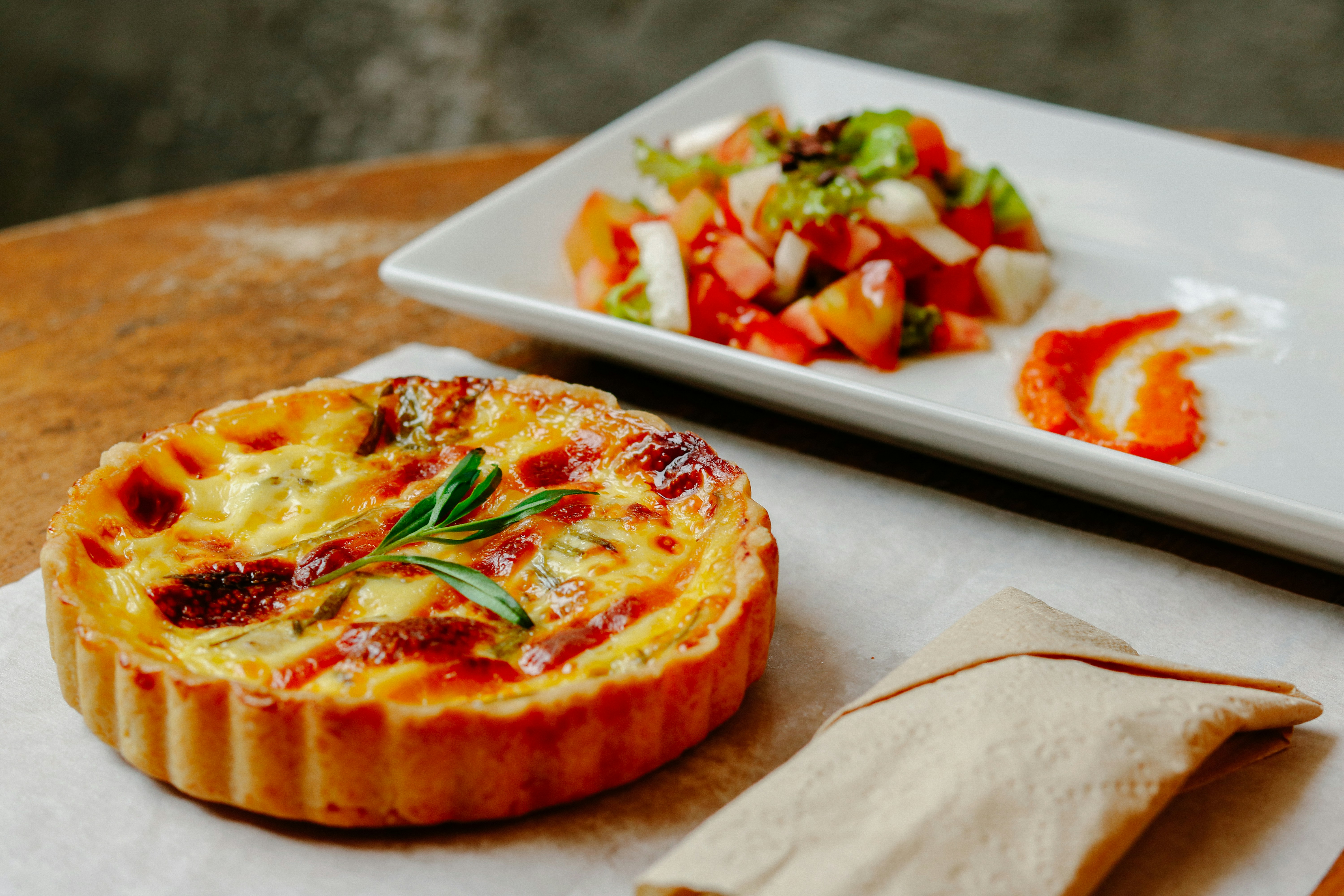Food Fusion: A Melting Pot of Culinary Creativity
In a world where cultures constantly intertwine, food fusion has emerged as an exciting trend in the culinary arts. This innovative cooking technique creatively combines flavors from diverse cuisines, resulting in an extraordinary gastronomic adventure. Let's dive into this delicious world of culinary creativity and explore the art and science of food fusion.
The Genesis of Food Fusion
Food Fusion is not a new concept. It has been around since the dawn of civilization, a byproduct of human migration, trade, and conquest. However, in recent years, it has gained popularity as chefs and foodies alike explore new ways to combine ingredients and cooking techniques from different cultures.
The Art and Science of Food Fusion
Creating a successful fusion dish requires a delicate balance between creativity and respect for the original cuisines. It’s more than merely combining ingredients from different regions; it’s about understanding the core flavors and techniques of each cuisine and finding a harmonious blend.
Fusion Cuisine: Risks and Rewards
As with any creative endeavor, food fusion comes with its risks and rewards. The challenge lies in creating a dish that pays homage to the original cuisines while offering something new and exciting. When done right, fusion cuisine can be a delightful gastronomic experience that breaks the boundaries of traditional cooking.
Fusion Foods to Try
From Korean-Mexican tacos to Italian-Japanese pasta, fusion foods offer a world of flavors waiting to be discovered. Each dish is a testament to the endless possibilities of culinary creativity when cultures collide in the kitchen.
The Future of Food Fusion
As our world becomes more interconnected, the possibilities for food fusion are limitless. It’s an exciting time for culinary enthusiasts as we continue to explore new ways to blend flavors from around the globe.
Here are some interesting tidbits to whet your appetite for fusion cuisine:
-
Fusion cuisine often involves a two-way exchange where both cuisines are transformed.
-
While fusion cuisine can involve complex techniques, it can also be as simple as using foreign ingredients in local dishes.
-
Some of the most popular fusion cuisines are Tex-Mex, Pacific Rim, and Franco-Vietnamese.
In conclusion, food fusion is a testament to our increasingly globalized world. It’s about breaking down culinary boundaries and celebrating the diversity of flavors that our world has to offer. So, next time you’re in the kitchen, why not experiment with fusion cuisine? Who knows, you might just create the next culinary sensation!





